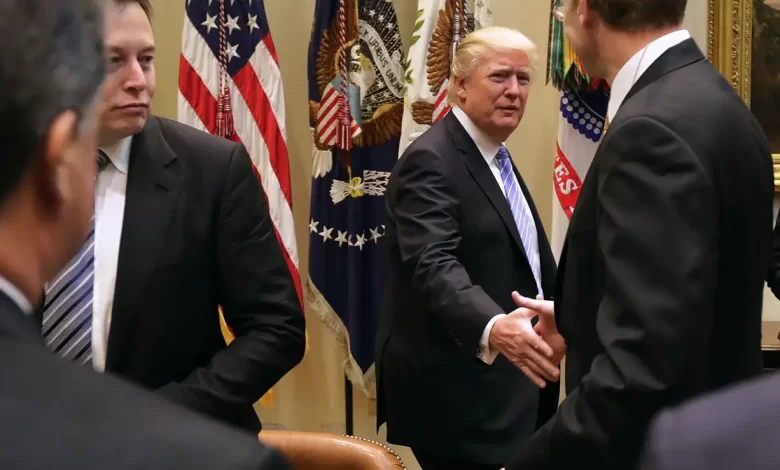Twitter Removes Its ‘No Political Ads’ Policy Ahead of the 2024 Election

In a significant and somewhat controversial move, Twitter, one of the world’s leading social media platforms, has announced the removal of its ‘No Political Ads’ policy just months before the highly anticipated 2024 election. This decision marks a substantial shift in the company’s approach to political advertising and has ignited debates about the influence of social media on the democratic process, the spread of misinformation, and the role of tech giants in shaping public discourse.
Twitter’s Previous Stance on Political Ads
In November 2019, Twitter took a bold step by introducing a policy that banned all political advertising on its platform. The rationale behind this move was to mitigate the potential harm caused by the spread of misleading information and the manipulation of public opinion through paid political content. Jack Dorsey, the CEO of Twitter, stated at the time that the company believed “political message reach should be earned, not bought.”
The Reversal and its Rationale
Fast forward to the present day, Twitter has made a surprising reversal of its ‘No Political Ads’ policy. The decision comes with a shift in perspective, as the platform aims to strike a balance between allowing political discourse and maintaining a level of transparency. Twitter now argues that by permitting political ads, it can offer users the opportunity to engage with a wider range of perspectives and promote healthy debate.
In its announcement, Twitter emphasized the importance of setting clear and enforceable guidelines to prevent abuse and the spread of false information. The platform intends to implement robust fact-checking mechanisms and labeling systems to ensure that users can distinguish between verified information and unsubstantiated claims.
Critics’ Concerns
Unsurprisingly, the decision has not been without its fair share of critics. Detractors argue that allowing political ads could open the floodgates to a surge of misinformation and divisive content. The memory of previous elections marred by the dissemination of fake news and malicious advertising on social media platforms remains fresh. Skeptics fear that Twitter’s move could inadvertently contribute to a similar atmosphere of confusion and manipulation.
Furthermore, concerns are raised about the potential influence of big money in politics. Allowing political advertising could mean that well-funded campaigns have a greater platform to shape public perception, potentially drowning out lesser-known voices with fewer resources.
Impact on the 2024 Election
Twitter’s decision to reintroduce political ads could significantly impact the upcoming 2024 election. With millions of active users, the platform serves as a fertile ground for political campaigns to reach and mobilize voters. The removal of the previous ban could also prompt other social media giants to reevaluate their own policies, potentially setting a trend across the industry.
As the digital landscape evolves, candidates and campaign strategists will need to adapt their tactics to effectively navigate this new terrain. The emphasis on fact-checking and transparency may force political advertisers to be more cautious and precise in their messaging, which could lead to a healthier political discourse.
Conclusion
Twitter’s decision to reverse its ‘No Political Ads’ policy ahead of the 2024 election marks a pivotal moment in the intersection of technology and democracy. The move has ignited discussions about the responsibilities of social media platforms in safeguarding the integrity of the democratic process. While the decision brings new opportunities for political discourse, it also raises valid concerns about the spread of misinformation and the potential influence of money in politics. As the election season approaches, the eyes of the world will be on how Twitter navigates these challenges and shapes the future of political advertising in the digital age.




